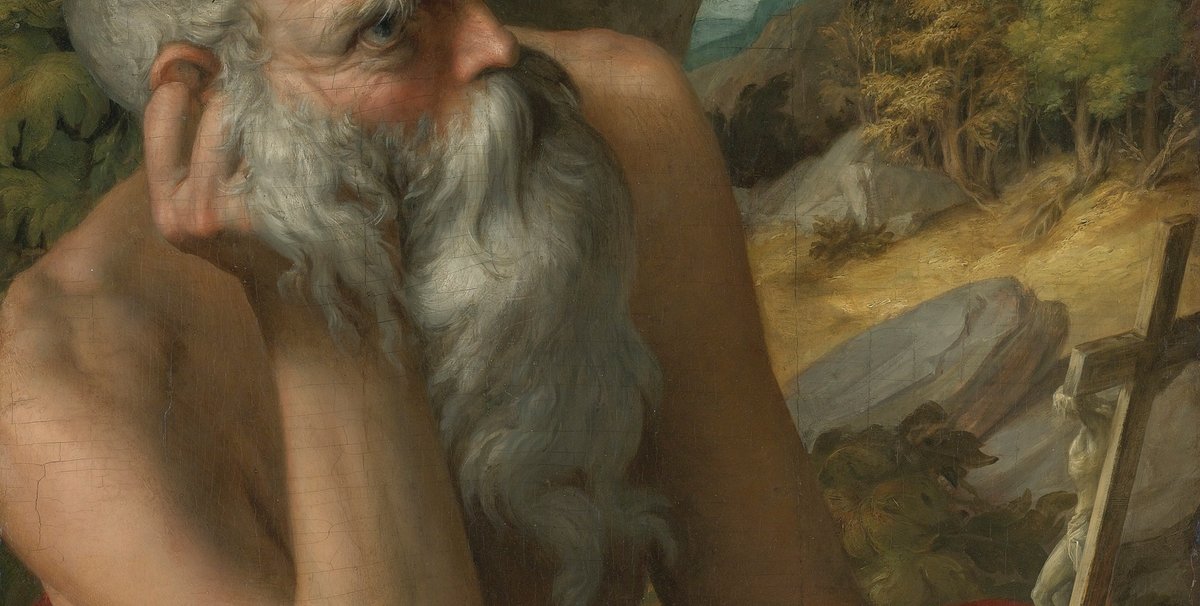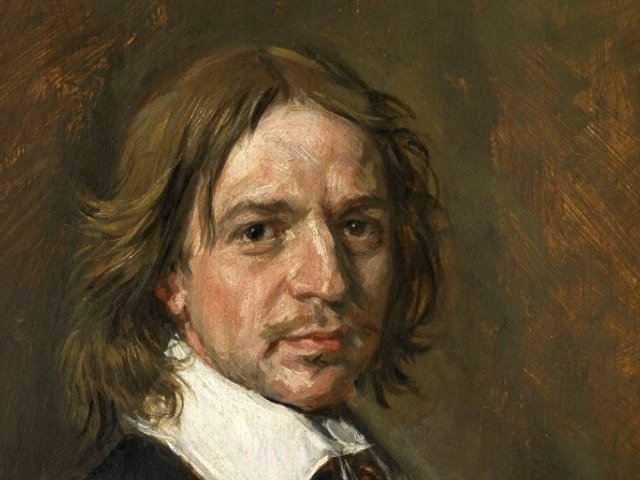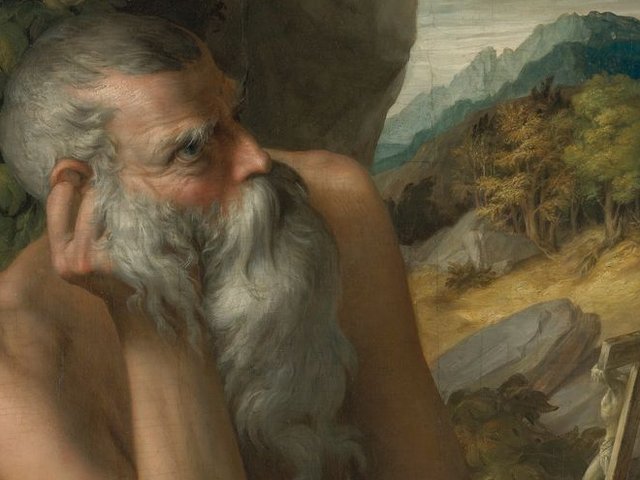Another "Old Master" linked to Giuliano Ruffini, the Frenchman at the center of an investigation into a series of suspected forgeries, has been declared a fake by Sotheby’s. This time, the auction house has had to reimburse $840,000 to the buyer of a Saint Jerome, which was sold at auction in New York in January 2012 as a work from the circle of Parmigianino.
Sotheby’s says that a "technical analysis", led by Orion Analytical, in Williamstown, Massachusetts "established that the work was undoubtedly a forgery". James Martin’s laboratory found a modern pigment, phthalocyanine green, in all 21 samples taken from different areas of the painting. According to Martin, none of these traces could be attributed to restoration work. It is the second painting that the laboratory has declared a forgery, after the Portrait of a Man attributed to Frans Hals, for which Sotheby’s had to reimburse Richard Hedreen, a collector from Seattle. The company sold the work for $10m on behalf of the London dealer Mark Weiss.
Sotheby’s is now suing the seller of the Saint Jerome painting, Lionel de Saint-Donat Pourrières, to get its money back. Speaking to The Art Newspaper, Ruffini confirms that he owned the painting before the Luxembourg-based seller. Ruffini told us that in his opinion, "there is no way it could be a modern copy. It might be by another artist of the time, but experts and curators from the Metropolitan Museum did consider it as a possible Parmigianino". He also expresses his "doubts" about the technical examinations. Ruffini says that he has no means to check any of the technical exams, pointing out that he has not been charged or even been interviewed by a French judge or police.
Four paintings connected to Ruffini have now been declared fakes after technical exams commissioned by French authorities or Sotheby’s: the portrait attributed to Hals, a Venus attributed to Cranach from the Liechtenstein collection and a copy of a Pieter Bruegel, both seized by French police. Others are still under examination.
In 2014, the painting of Saint Jerome was exhibited at New York’s Metropolitan Museum of Art, with an attribution to Parmigianino. A spokeswoman for the museum told us that the attribution was discussed at the time with specialists and that “the case for it being by Parmigianino” was made by Mary Vaccaro in her monograph published in 2002 and the catalogue of the Parmigianino exhibition in Parma and the Kunsthistorisches Museum in Vienna in 2003. However, the leading specialist David Ekserdjian says that he “never believed it could be a work by Parmigianino for the simple reason that it is a copy of a composition by Correggio” in Madrid’s San Fernando Royal Academy of Fine Arts, "something this artist would never had done". These doubts were published in a Sotheby’s catalogue in 2012.




